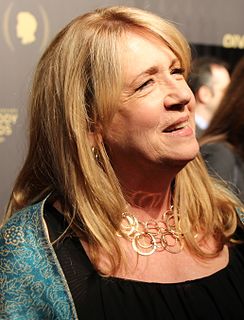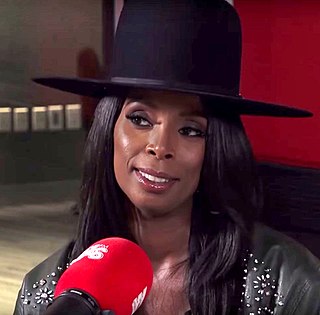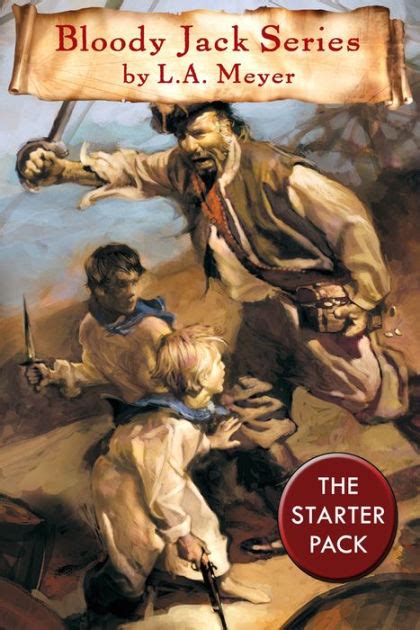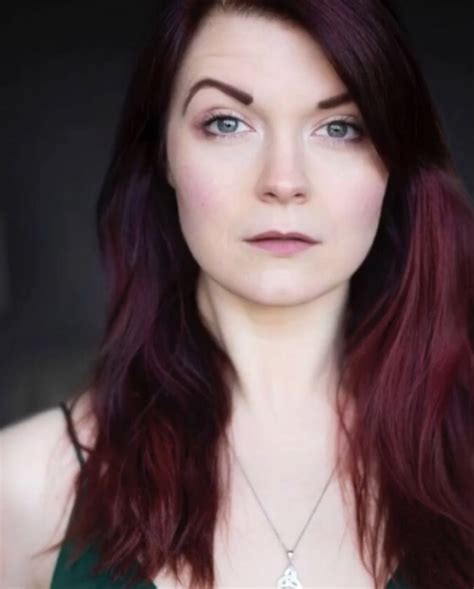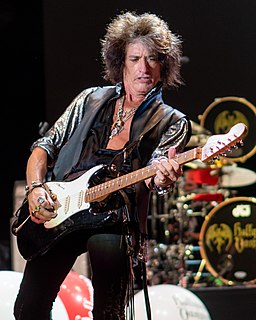A Quote by Damon Lindelof
I think one of the problems in determining the ending for a television series is that you don't know how long the show is gonna last. Particularly because we were in the unique position of adapting Tom's Perrotta novel The Leftovers, it always felt like the first season was gonna end with the end of Tom's novel, and then we would figure things out from there and look back.
Related Quotes
The Leftovers was an absolutely extraordinary experience. After the first season of learning to work with Damon Lindelof and Tom Perrotta, and all of the writers, you didn't question it because it all made sense. Because Damon knows those characters so well and has thought it through so well, there was never a time that I asked a question where it wasn't answered fully.
Tom’s aunt Georgie spoke to me first, and Tom found me through her. At the time, I didn’t actually think Tom was a big enough character to carry a story. If it had to be anyone from Saving Francesca, I thought, it would be Will Trombal or Tara. But the line in Francesca, ‘I want to be the first male in the Mackee family to reach 40 and still have a liver’ stuck with me, and in the end, Tom has been one of the biggest surprises. I’m glad I didn’t kick him out of my head.
It [going from mini-series to series] was never even discussed because it [The Starter Wife] was, you know, an adaptation of a novel. And we - the mini-series encompassed the whole novel. And so it was always going to be a finite sort of event. And then I imagine when people started to really respond to the show and then we got ten Emmy nominations, USA sort of said, "Oh, I think maybe we have something here."
If I can give a young author any advice, whatsoever, never let anyone announce the film sale of your first novel. Film rights are sold to almost every novel, but it shouldn't be the lead story in your first engagement with the press. Then you end up getting reviews like "a novel made for the screen" and things like that.
You was talkin' out of yer head last night, too," chortles Davy. "No one's gonna fancy me. I'm gonna be ugly and no on'es gonna fancyme!" he mimics, mincing about the hammock. "You are such a rum cove, Jacky, for thinkin' such things when yer just about beat t' death! Fancy me? Fancy me? Jacky, no one's gonna fancy us, we're all gonna end up lookin' like Snag!" "Which is how a salty dog sailor's supposed to look," says Willy with a firm nod. "And you're halfway there, Jack-o!" crows Tink. Ah, the sweet comfort of friends.
In the first season (of 'Californication'), when we had the threesome with the nipple clamps, I was, like, 'I don't get this, I don't know how you're gonna do it.' And then, all of a sudden, there's a crane with a camera hanging over our heads, and you're, like, 'Okayyyyyyy. But how are you gonna sell this? How are you gonna make it work?' And they ended up shooting it brilliantly, cutting it together, and it just all ended up working without me having to compromise my own personal morals.
Why, Tom - us people will go on livin' when all them people is gone. Why, Tom, we're the people that live. They ain't gonna wipe us out. Why, we're the people - we go on.' 'We take a beatin' all the time.' 'I know.' Ma chuckled. 'Maybe that makes us tough. Rich fellas come up an' they die, an' their kids ain't no good, an' they die out. But, Tom, we keep a-comin'. Don' you fret none, Tom. A different time's comin'.
I came in on this movie after there had been a director and I came in after Tom Courtenay had talked to Ron Harwood about making a movie. So, you know Tom and Albert Finney had been friends since the beginning of their career as they became stars around the same time - Tom always reminds me that Albert was first with Saturday Night and Sunday Morning and then Tom with The Long Distance Runner.
I know that the gift that God gave me isn't gonna just wither up and die unless I let it die, so it's a matter of me having the faith that it's gonna come out. Whether or not the public's gonna like it is another story. But I think as long as I keep changing and sticking to what I really love - and the same goes for Steven and the other guys in the band - then people are gonna like it.

